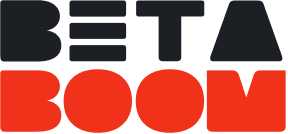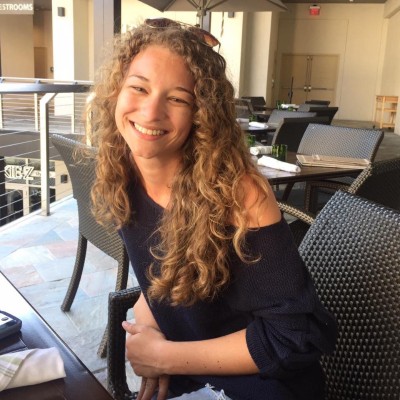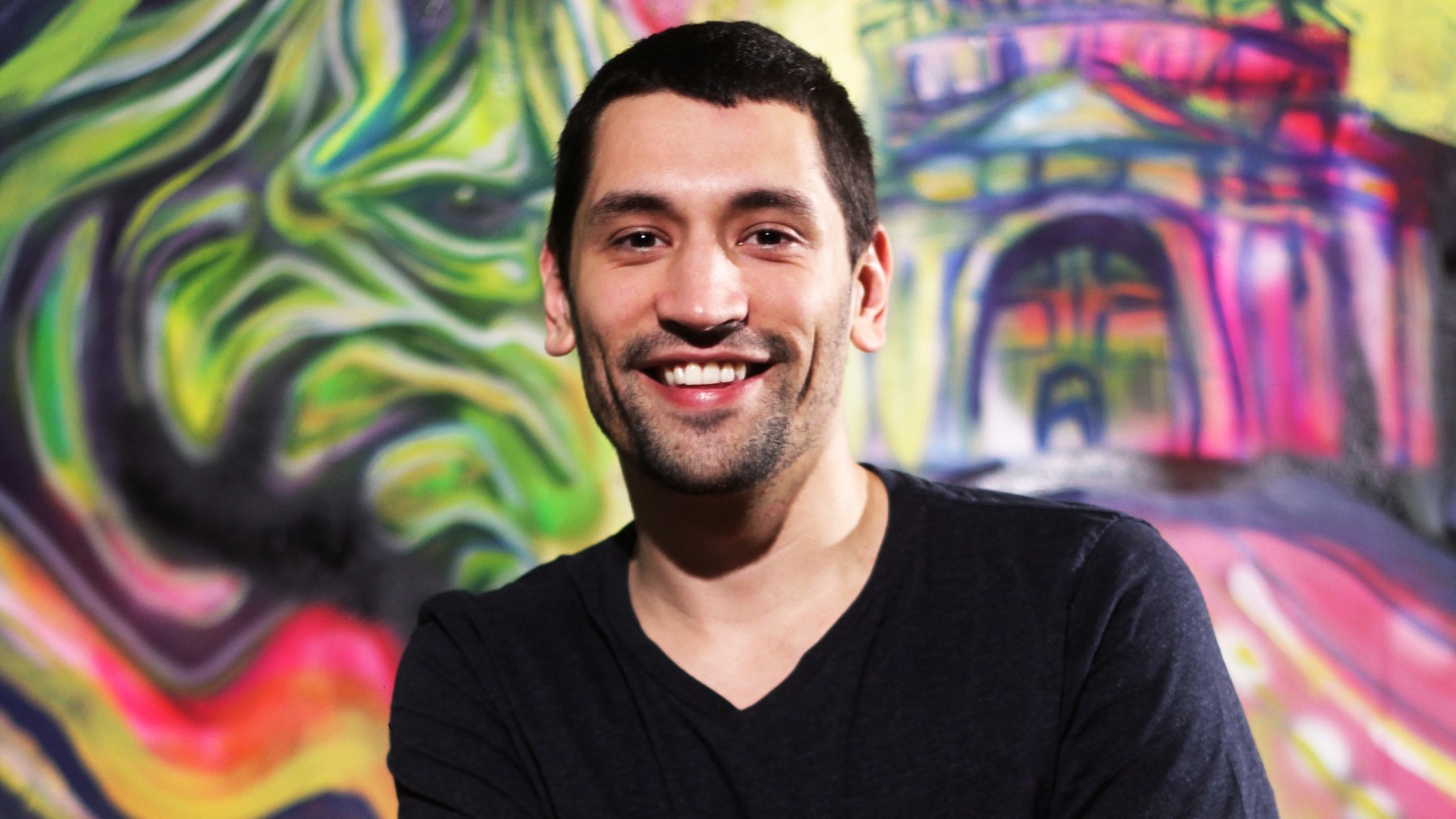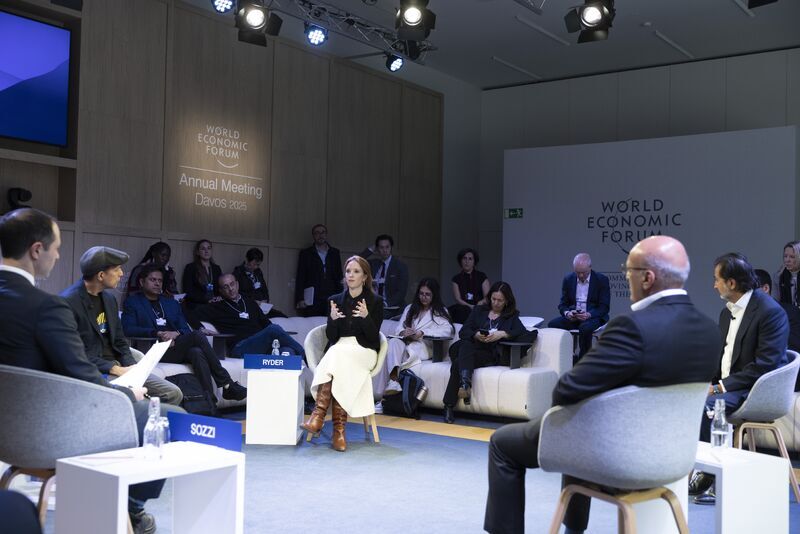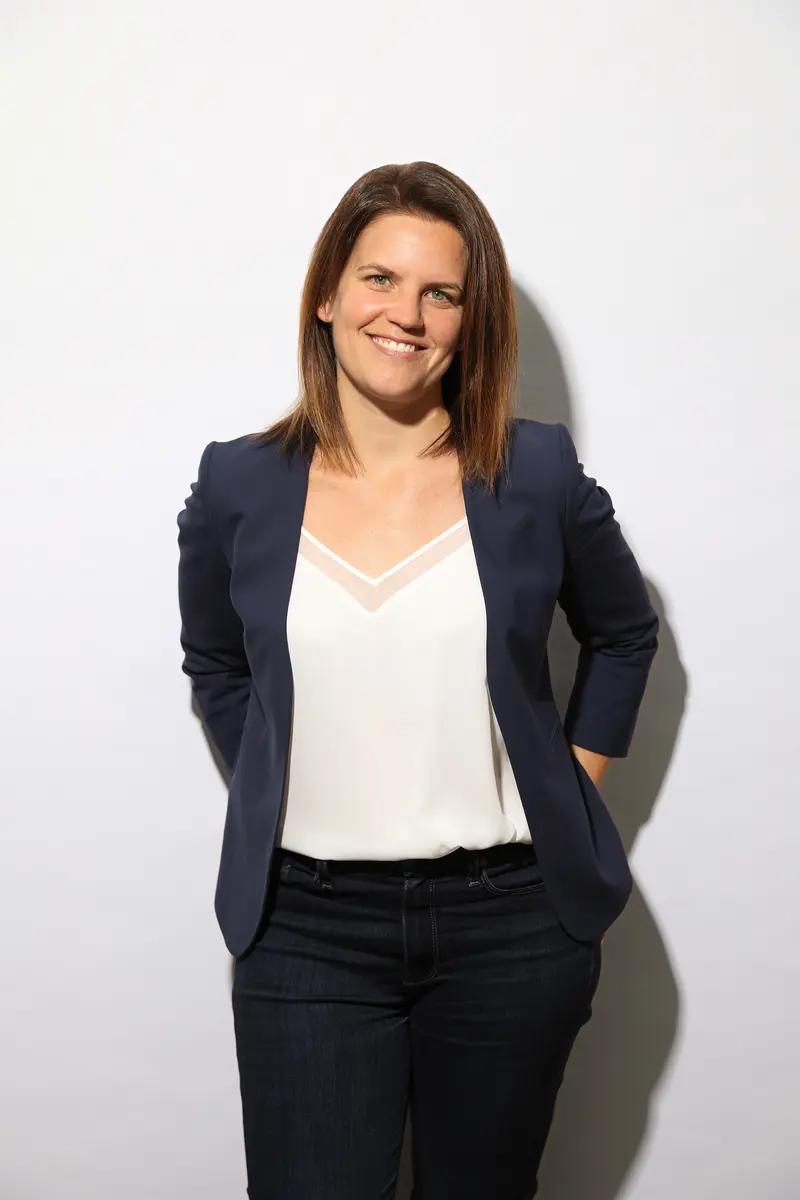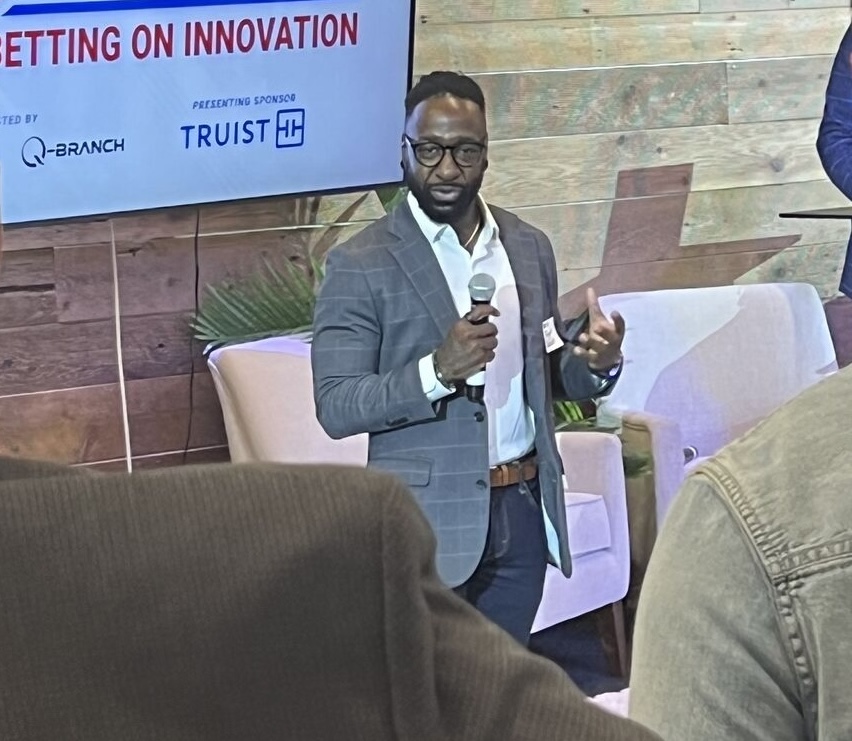For Keely Cat-Wells, founder and CEO of Making Space, the original vision for her future focused on dance – a creative outlet that rescued her from a traditional education that wasn’t built for her. But that physical freedom would be stolen from her.
“I lost my health and what I thought was my future,” she says. “I know firsthand how isolating it feels to be shut out of opportunities not because of a lack of talent but because of inaccessible systems and outdated attitudes. I built Making Space to change that at scale.”
Keely says her personal experience with exclusion opened her eyes to how deeply inaccessible the world is for disabled people, something she is determined to change through economic opportunity.
The Untraditional Ballerina
Keely’s childhood was idyllic, growing up in the countryside of West Sussex, England, a rural area in the middle of nowhere. Her family’s farm raised cattle and sheep, as well as training race horses.
“It was the best childhood ever,” she reminisces. “I would not change it for the world.”
Her parents’ unconventional approach proved invaluable when Keely clashed with traditional schooling. The classroom never suited her — a reality that became clearer after her dyslexia diagnosis. Enduring constant bullying, she found refuge when her mother intervened. Dance, particularly ballet, had always captivated Keely, so her parents enrolled her in a school that nurtured physical expression over rigid academics.
From then on, university faded as an option. With her parents’ unwavering support, dance college became her singular ambition. “I didn't want to entertain anything else.”
That determination crystallized when London’s prestigious dance academy accepted her. Arriving for her first semester, Keely brimmed with excitement — until unexplained symptoms began ravaging her body. Doctors dismissed her worsening condition as stress and anxiety, despite her frequent visits to hospitals.
“It got to the point where I couldn’t physically eat.” she recalls. “I would spend the majority of my time in the emergency room. It just got to the point where no one knew what was wrong with me.”
Keely now recognizes how gender shaped her medical neglect.
“I think because I was a young woman [and] a dancer, they immediately assumed that it was an eating disorder,” she recounts. “They immediately assumed it was something to do with my mental health rather than something that was physically wrong.”
As tests were repeatedly denied, Keely’s health forced her to abandon dance school. Yet she wasn’t alone in her fight.
“I started this with my mom – started the search for answers,” she says.
Their relentless advocacy eventually compelled doctors to investigate properly. Lab tests led to surgeries, then fleeting relief from chronic pain. But the diagnosis marked only the first step on an exhausting road.
A New Reality
Keely's acceptance of her new reality emerged gradually, through mundane but profound moments - like reordering medical supplies and realizing: "I'm going to have to do this for the rest of my life."
Her diagnosis revealed unexpected complexities. Living with a dynamic disability meant her symptoms ebbed and flowed, sometimes rendering her condition invisible to others.
"There is a privilege that comes with having a hidden disability, but then also it sometimes stops you from receiving or asking for the accommodations that you may need," she admits.
Navigating daily life as a disabled person presented staggering institutional barriers—far beyond what most founders face. The professional world compounded these challenges with entrenched ableism.
"I think everyone who has a disability has experienced – and probably has internalized – ableism," she says, particularly when seeking funding or opportunities. "But vulnerability isn't a given, it's created."
For Keely, like many entrepreneurs, discrimination became fuel. After hospitalization, she relocated to Los Angeles seeking renewal—only to lose a media job when she disclosed her disability.
"After finally being well enough to leave the hospital...I disclosed my disability and got told I could no longer have that job."
This crushing rejection sparked her first venture, C Talent, an agency championing disability representation in media (acquired in 2022). By 2023, she launched Making Space to bridge employment gaps for disabled professionals.
"I've never had a traditional education or path, which is one of the reasons why I'm so passionate about creating alternative routes to success," Keely says.
Business, Not Charity
Keely's relentless fight to claim her place in the industry has been a masterclass in perseverance. "I started with no outside funding, no blueprint, and no safety net, just a passion and a lot of grit," she says. "I had to figure it out while living with chronic illness, navigating ableism, and building credibility in spaces that didn't expect someone like me at the table."
Her journey proves that progress demands visibility—sharing the hard-won stories of civil rights battles. The creativity, adaptability and resilience forged through her lived experience became unexpected superpowers, setting her apart in the competitive landscape.
For many with disabilities, disclosure remains a complex choice. But Keely transformed hers into a badge of honor. "I am a big believer in, I don't want to work with anyone that wants me to hide half of my identity," she declares. "I only really want to align with people who understand who are willing to educate themselves to be able to understand that."
This philosophy grows more vital as society grows increasingly hostile toward vulnerable populations. The truth is simple: accessibility improvements that empower disabled people ultimately benefit everyone. Amid escalating threats to disability rights, Making Space's mission has never been more urgent.
Keely approaches this work on dual fronts—business and advocacy—seeing them as inseparable forces. "People sometimes say you can't do both, but I believe you can't do one without the other," she argues. "Real, lasting change requires a holistic approach, and to gain the trust of your community, you have to do the work that is truly needed."
